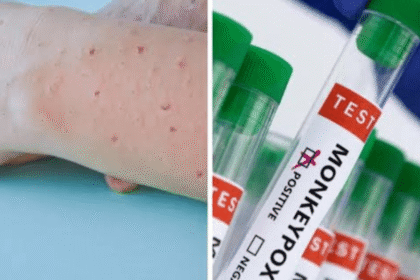Islamabad( The COW News Digital)A new study has revealed that drinking too little water can do far more harm than simply leaving you thirsty — it can also activate stress hormones and increase the risk of serious health issues.
According to research conducted at Liverpool John Moores University in the UK, dehydration significantly elevates cortisol levels, a stress hormone linked to heart disease, diabetes, and depression. The study highlights that staying hydrated is not just about comfort, but is crucial for mental and physical health.
Researchers divided a group of young adults into two categories: one group consumed less than 1.5 liters of water per day, while the other drank between two and 2.5 liters daily. After a week of following these hydration routines, participants provided blood and urine samples and underwent a series of stress-inducing experiments, including mock interviews and mental performance tests.
The findings were striking. While both groups experienced similar increases in heart rate and feelings of nervousness during the stress tests, those with lower water intake showed significantly higher levels of cortisol in their saliva. This indicates that dehydration puts additional strain on the body by activating stress pathways more intensely.
Interestingly, the less-hydrated group reported feeling less thirsty, even though their urine samples were darker — a clear sign of dehydration. This suggests that relying on thirst alone is not always a reliable indicator of hydration needs.
Experts warn that chronic dehydration could quietly contribute to long-term health problems, including hormonal imbalances, mental fatigue, and heightened stress reactivity. Drinking enough water may help regulate mood, reduce the body’s physiological stress response, and support cardiovascular and metabolic health.
Health professionals recommend that women consume at least 2 liters of water per day, while men should aim for 2.5 liters. These amounts help maintain optimal body function, regulate temperature, and support better resilience against stress.
Public health campaigns often focus on nutrition and exercise, but this study suggests hydration deserves equal attention as a preventive health measure. Simple steps like carrying a water bottle, eating water-rich foods, and setting reminders can help people meet their daily fluid needs and reduce hidden health risks.






